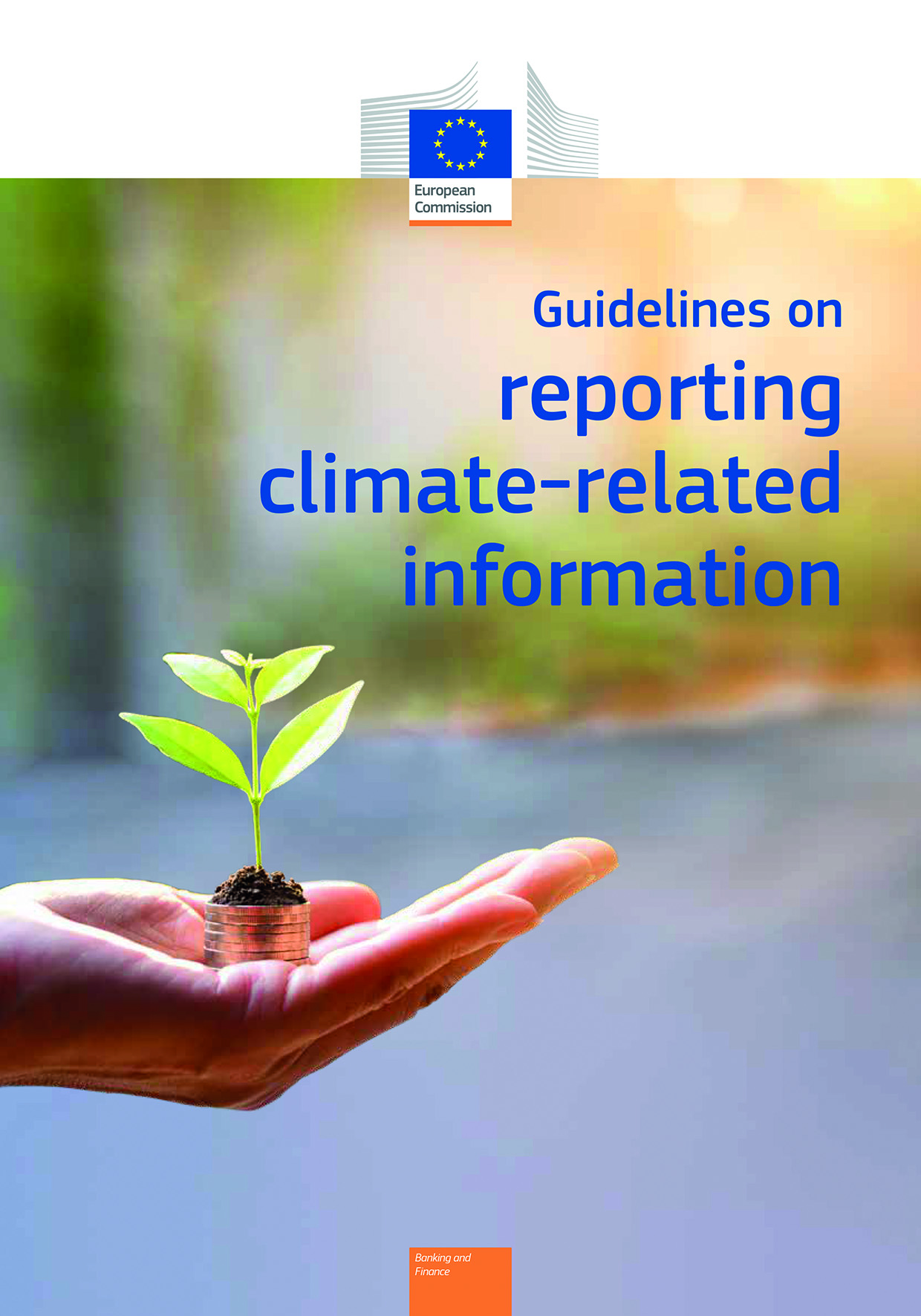Towards a European Duty of Disclosure

Tribune of Valérie Arnold
A sustainable global economy is not a luxury. It is a social imperative. Policy instruments and stakeholders, especially the millennials (who await the greatest inter-generational transfer of wealth in human history from their ageing Baby Boomer parents), increasingly demand transparency on corporate social responsibility issues. Businesses need to account to shareholders and stakeholders on both their financial and non-financial information (NFI).
"
The European Union (EU) has been at the forefront in the push for non-financial reporting with its initial adoption of the Non-Financial Reporting Directive back in 2014 and its subsequent implementation in 2018. To date, around 6,000 businesses are subject to non-financial reporting. We believe that over time, and with some modifications, reporting will extend to companies of all sizes.
However mandatory climate change disclosure legis-lation, while incredibly useful and necessary, is not sufficient. We will need to see a suite of other measures, including enforcement, practical guidance and exchange of good practices, to support an effective and efficient implementation of the Task Force on Climate-related Financial Disclosures (TCFD) recommendations.
Furthermore, if the TCFD is to provide greater transparency and clarity on the potential impacts of climate-related issues on companies, disclosures need to urgently move into the mainstream report and not principally be included in separate climate risk or sustainability reports. By including disclosures in the mainstream report, climate-related information can be better connected to financial information. This will help achieve the intended outcome of providing decision-useful information to enable the investment community to make better-informed decisions on where and how they want to allocate their capital.
Role of assurance in providing confidence
As NFI is still in its infancy, establishing appropriate reporting systems is a challenge. Currently, many of the key leading bodies globally, such as standard-setters, benchmarking organisations and industry bodies are working together to try to create a consistent set of indicators for businesses to measure their performance (based on the 169 SDG targets and climate-related Key Performance Indicators - or KPIs). This would be a transformative step, particularly if those KPIs could be disclosed in monetary terms, which would enable true comparison and understanding of a business’ contribution towards achieving the global sustainability agenda.
Also imperative for stakeholders is a matter of trust. Companies in their reporting can claim all sorts of virtues, but can they be trusted? Trust is not just a matter of faith. Global trends are showing that the credibility of reporting can also be enhanced by external third party assurance. This gives stakeholders confidence in the data and the integrity of companies’ reporting.
Extra-financial audit: en route towards standardisation
In the past 15 years, financial audit standard-setting bodies have branched out into extra-financial standards. The IAASB’s (International Framework for Assurance Engagements) first extra-financial standard, ISAE 3000, was adopted in 2005 in response to growing demand within the profession for a framework covering non-financial audit and review exercises.
The key point here is that the standard treats extra-financial information almost the same way as financial information for audit and assurance purposes – an ambitious aim given that extra-financial reporting is an innovative and constantly evolving discipline. In that sense, ISAE 3000 represents a deliberate move towards standardisation.
Such standardisation initiatives are ongoing in the European Union as and how Member States are implementing the non-financial reporting directive. The directive does not mandate external assurance on NFI. Some countries, Italy and France for example, require mandatory verification. Notably, even without any legal obligation, many large European corporates engage an independent third party to provide assurance on NFI disclosures for management and sustainability reports, specific KPIs, etc.
While a lot of work has gone into building an extra-financial audit and review framework, there are inherent problems that cannot be overlooked. A major challenge, next to the fact that extra-financial reporting frameworks are not stabilised (in form or substance), is that extra-financial disclosures combine both qualitative and quantitative information. Since qualitative information is by nature largely “subjective”, practitioners can only check whether issuers’ disclosures are consistent, exhaustive and neutral. Also, since audits are optional, only a handful of companies willingly have their extra-financial information externally verified.
At present, not all NFI can be assured in accordance with the ISAE 3000 (Revised) if it does not meet certain criteria. However, there is an increasing tendency to have third-party insights. The good news is that practice shows, that even where frameworks are lacking, having extra-financial disclosures externally audited have helped them become more rigorous and consistent in their reporting – and made the disclosures more reliable and material.

The European Union (EU) has been at the forefront in the push for non-financial reporting.
Going forward
Businesses need to make a profit to continue their role as employers and providers of goods and services to civil society. At the same time, civil society wants to understand the purpose of a business - why are they here, what are they doing, and how will they be able to sustain the business in the long term. Businesses need to demonstrate what they are doing. Their societal value is as important as the financial value they create.
Reliable and accurate non-financial reporting can improve risk management, social, environmental and financial performance and competitiveness. It brings the transparency that investors, stakeholders and shareholders are increasingly demanding, and reinforces the responsible behaviour of business.
"

To be read also in the dossier "Small and Bigger Steps Towards a Sustainable Europe":




